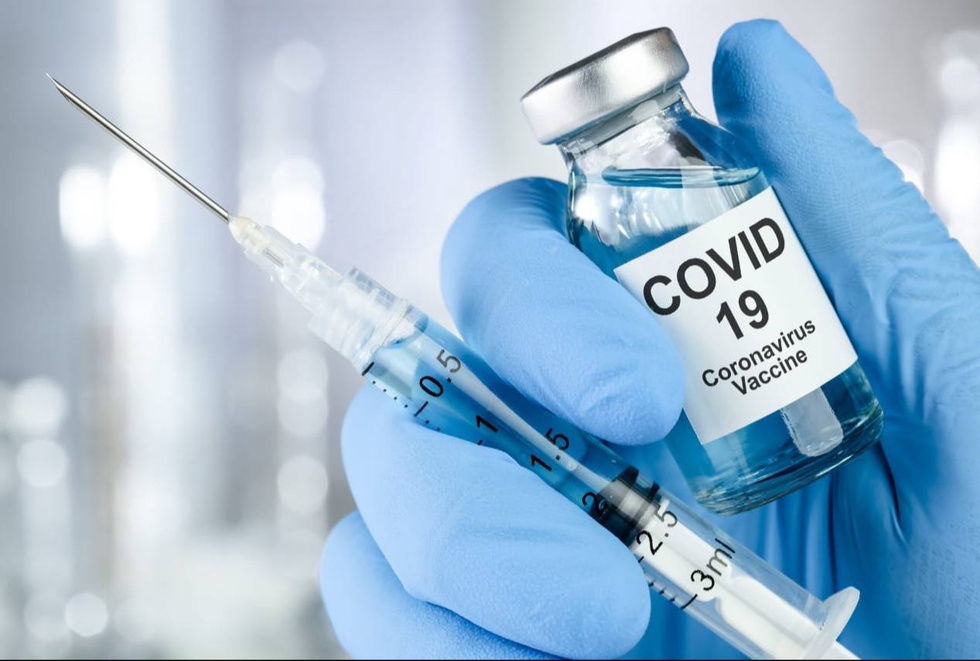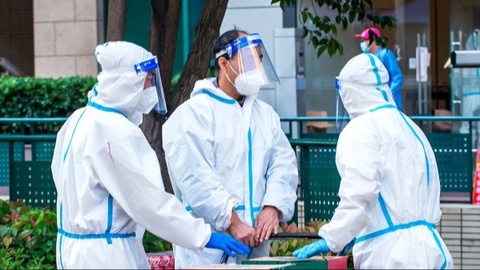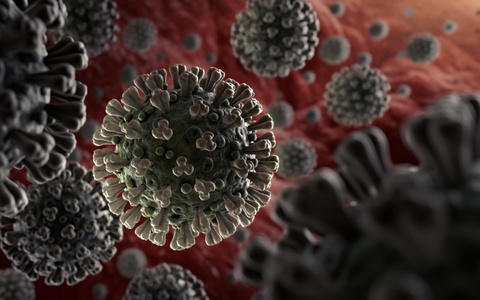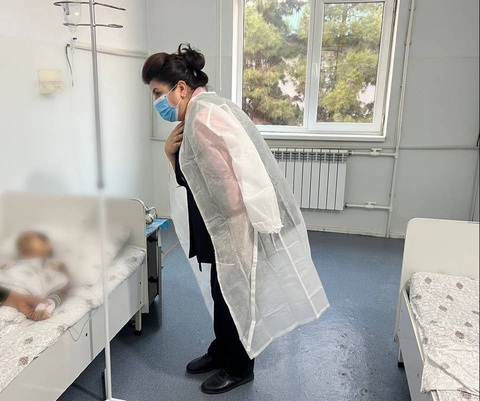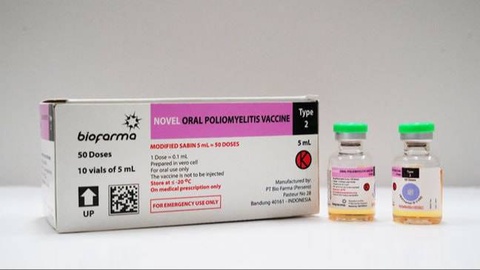Scientists from Chung Shan Medical University studied the effect of COVID-19 vaccination on thyroid function within a year after immunization. The results of the study are published in The Journal of Clinical Endocrinology & Metabolism.
The analysis showed that the probability of hyperthyroidism decreased among vaccinated participants, but the risk gradually increased and reached the same values by the year as among unvaccinated people. Thus, three months after immunization, the risk of hyperthyroidism was 35% lower compared to those who were not vaccinated, and six months later it was only 20% lower. After nine months, the risk of hyperthyroidism was 11% lower, gradually leveling off by 12 months.
At the same time, the likelihood of developing hypothyroidism gradually increased.: After six months, the risk among vaccinated patients was 1.14 times higher, after nine months - by 21%, and after a year - by 30%. The most significant increase in the risk of hypothyroidism during the year after immunization was found in people over 65 years of age (1.4 times), in women (1.37 times).
But among patients who received mRNA vaccines, after a year, both the likelihood of hypothyroidism and hyperthyroidism turned out to be significantly increased.
The data of 1.2 million vaccinated and the same number of unvaccinated patients were analyzed. Vaccination was performed with preparations based on mRNA (BNT162b2, mRNA-1273) or the adenovirus vector (Ad26.COV2.S), and the results were evaluated during 12 months of follow-up.
The authors concluded that after vaccination against COVID-19, regular monitoring of thyroid function is necessary to detect disorders in a timely manner.


